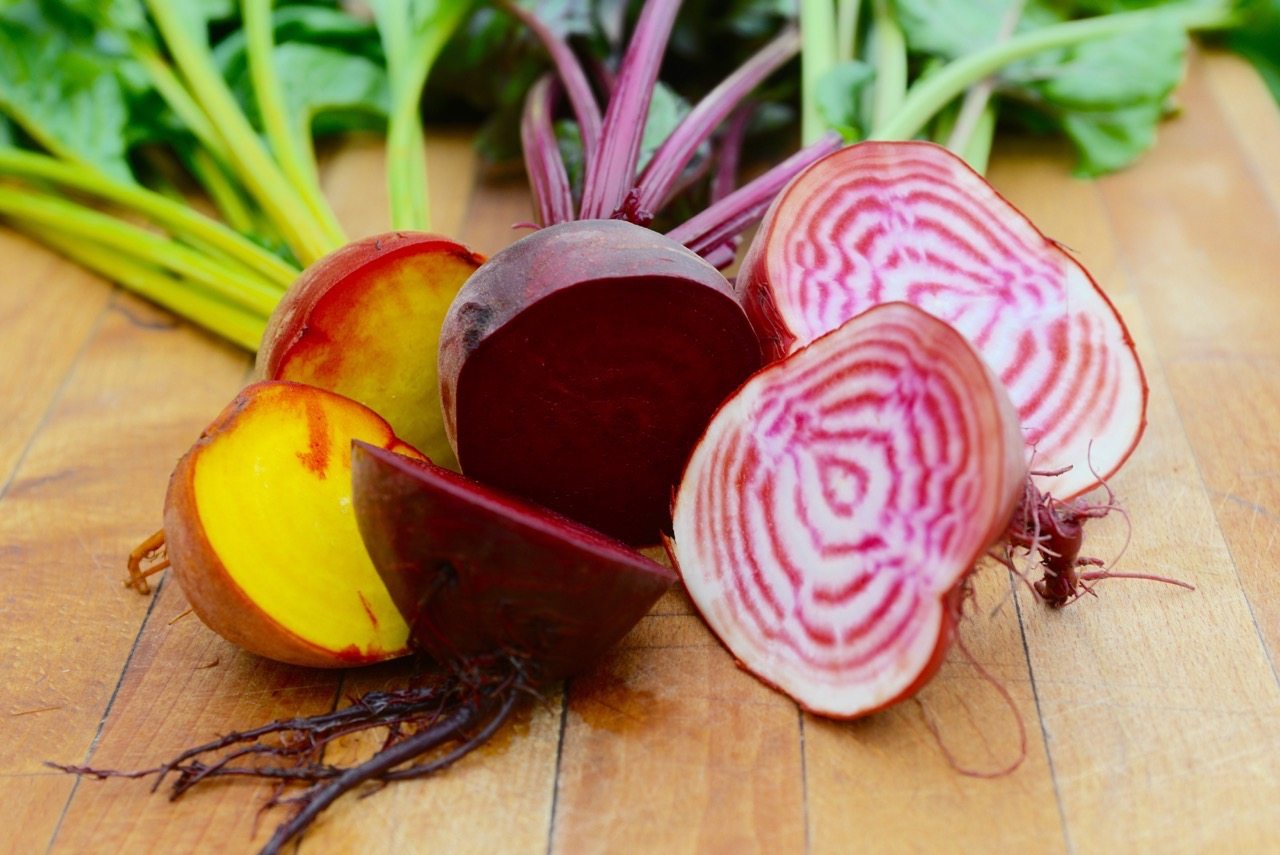Did you know that January was ‘love your liver month’?
Well, I think all our livers could do with some TLC after the rigours of Christmas and New Year!
The liver is an amazing organ – the body’s largest – comprising liver cells and bile ducts. The liver is able to regenerate it’s cells and can replace those lost within a few hours. However, there is a limit to how much damage it can repair so its well worth looking after!
The liver has many functions including:
- Aiding digestion
- Extracting nutrients
- Breaking down harmful drugs and toxins, including alcohol
- Storing energy
- Fighting infections
Digestion
Digestion requires a substance called bile which is made in the liver and stored in the gall bladder. When you eat, the gall bladder releases bile into the gut (the small intestine) to help with the absorption of food. Bile is especially important in helping the body digest fat. It acts by breaking down the fat into very small droplets so it can be absorbed. It also enables the body to take up the fat soluble vitamins A, D, E and K from our food.
Once food has been broken down in the gut, the nutrients are absorbed and transported back to the liver. The liver then filters the blood, neutralising toxins and processing the nutrients – for example, turning some of them into protein and others into fat. The liver is also able to store vitamins and minerals including iron.
The liver also regulates fat metabolism (the chemical reactions in the body’s cells that convert the fuel from food into energy) and its distribution in the bloodstream. This function is particularly important for regulating cholesterol levels.
Quick energy release
The body gets most of its energy from carbohydrate foods, such as bread, pasta, rice and potatoes. The carbohydrates are broken down in the liver into glucose that provides us with energy. If the glucose is not needed for immediate energy needs then some is stored in the muscles, but most is stored in the liver stores it as glycogen.
When the body needs energy fast – eg when you are exercising – the glycogen is turned back to glucose for use by the body. The muscles use their supplies first, but they quickly run out and it’s then up to the liver to release more glucose into the bloodstream to fuel the muscles.
If the liver is damaged, it can affect your ability to store and release glycogen, causing fatigue, muscle wasting and weakness.
Fighting infection
The liver plays an important role in fighting infections and filtering out bacteria that enter the bloodstream from the gut and is an important part of the body’s defence mechanism.
In addition, the liver is a key organ involved in our natural immunity – releasing important chemicals that activate immune responses when infection is detected.
If the liver is damaged, the body’s ability to defend itself is reduced and you are more susceptible to viruses and infections.
Other important functions of the liver include:
- Producing and maintaining the balance of hormones
- Producing enzymes and other proteins which are responsible for most of the chemical reactions in the body, such as blood clotting and repairing tissue
- Repairing damage and renewing itself
As you can see, your liver is essential for life – if it becomes severely damaged and starts to fail, almost every part of your body will be affected.
How to help your liver
- If you haven’t signed up for a dry January you can do it in February instead!
- Have at least 2-3 days a week where you don’t drink alcohol
- Cut down or eliminate processed fatty foods, fast release carbohydrates, refined vegetable oils and fizzy drinks
- Eat lots of the allium family of vegetables: garlic, onions, spring onions and leeks
- Eat cruciferous vegetables (kale, broccoli, brussel sprouts, cauliflower, cabbage – these vegetables contain glucosinolates that help the liver to produce enzymes it needs for its detoxification processes.
- Eat plenty of antioxidants: a ‘rainbow’ of vegetables. Try to get in at least 5 veg daily and a couple of pieces of fruit: green leafy veg, orange veg such as squash and sweet potato, red tomatoes and pomegranate, and dark purple fruits such as blueberries, blackberries, raspberries, plums
- Eat apples and pears – they contain pectin that helps to remove toxins from the body
- Include salads of bitter leaves such as endive, chicory, rocket and raddichio help to stimulate bile that aids digestion
- Avoid smoking
Try this recipe that you liver will love!
- Make a salad using a variety of leaves – try to include some rocket, chicory (either white or red), baby spinach and any other coloured leaves you like
- Lightly steam some tender stem broccoli spears and then cool rapidly in cold water and drain, before arranging on the leaves
- Scrub a small beetroot and then grate raw – try to use organic (wear rubber gloves to save your fingers going purple!) and arrange in the centre of the salad
- Sprinkle over some crushed walnut halves
- If you like dairy then add some crumbled feta or other goats or sheeps cheese
- Dress the salad with a vinaigrette made with apple cider vinegar or tlemon juice and your choice of oil – use best quality avocado or olive oil – add a crushed clove of garlic if you like and a little fresh ground black pepper and a pinch of pink Himalayan salt




